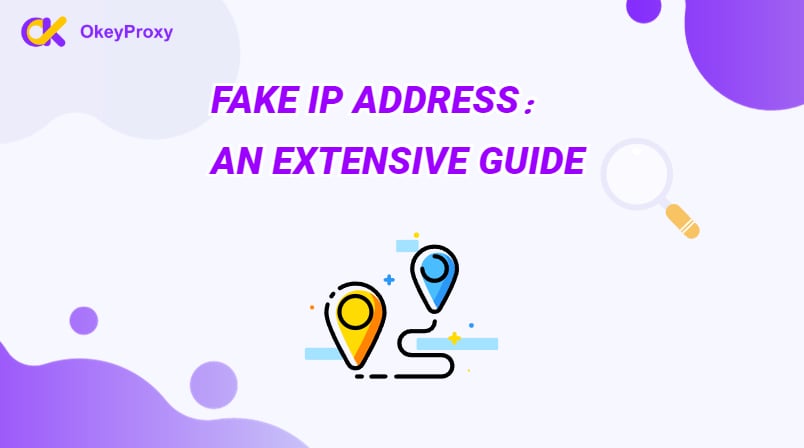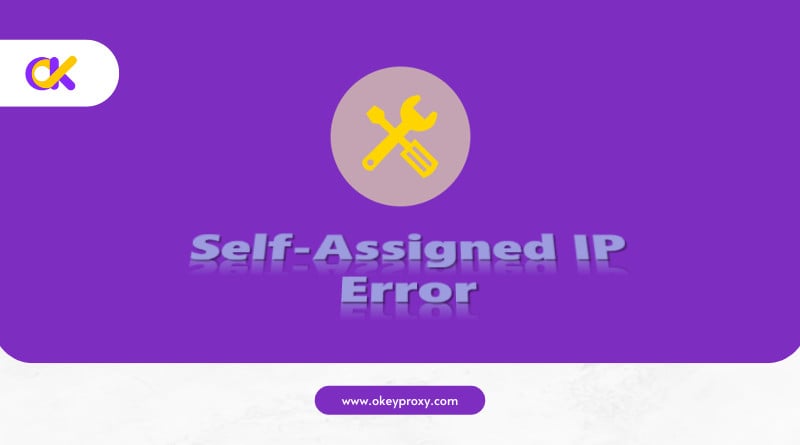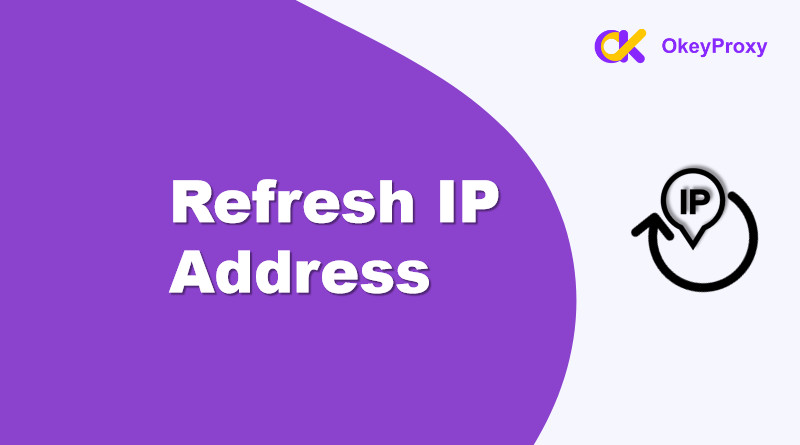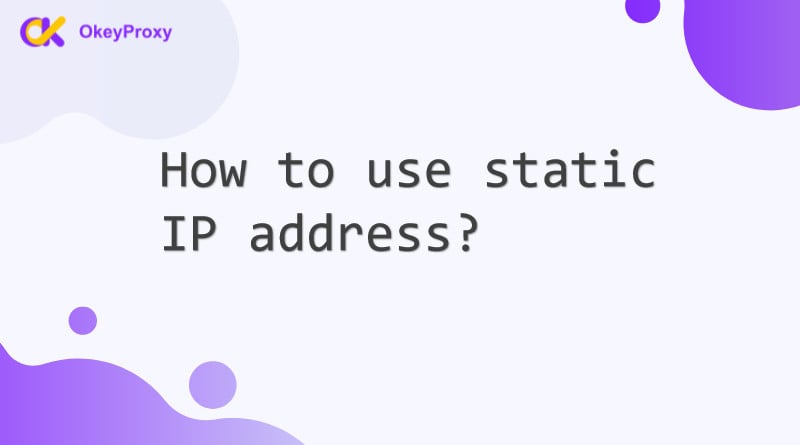In our daily lives, all electronic devices with internet access are assigned an IP address, analogous to how each person has their name. While a person’s name is usually static, an IP address can be readily altered to a fake one. This article will explore the concept of fake IP, how you can fake your IP, and provide essential tips for its proper use.
Understanding Fake IP Addresses
Before we discuss fake IP addresses, let’s first understand what an IP address is. An IP address is a unique identifier assigned to computing devices such as computers, tablets, or smartphones, akin to a house’s mailing address or your smartphone’s phone number. Just like two houses cannot have the same address to avoid confusion in mail delivery locations, IP addresses must also be globally unique to ensure messages reach the intended device.
IP addresses are traceable, so everything you do on the internet can be tracked. This includes the websites you visit, your social media activities, your physical location, the type of device you use, and more. When you visit a website, many sites store cookies to track your activities and identify your identity when you reconnect to the same site.
A fake IP address is an altered one used to mask the actual IP of a device. By using it, you can access the internet to appear as if you are from a different location. This allows you to bypass Geo-restrictions, unlock content, ensure encrypted connections, etc. Many people use it for these benefits.
When You Might Need to Use A Fake IP?
SEO Monitoring: By using it, you can obtain precise SERP data, gain comprehensive insights into search trends worldwide, and thus develop more effective SEO strategies.
Managing Social Media Accounts: Social media accounts play a vital role in a business’s marketing strategy. You may face blocks if you try to create or access multiple social media accounts from the same IP address.
Web Scraping: Web scraping enables you to delve into data and uncover the information you seek. It empowers your business to base decisions on data regarding marketing strategies, product development, and customer service. Automated technology is employed in web scraping, while websites implement anti-scraping mechanisms to combat such activities. Employing fake IP addresses can help circumvent these anti-scraping measures.
Unblocking: Some websites, app stores, and online shops are blocked or restricted by network administrators or service providers. A fake IP can help bypass these restrictions. By using it, you can access content that may be restricted in your actual region.
Protecting Privacy: A fake IP can mask your real IP address. This greatly reduces concerns about privacy exposure and personal information theft. This crucial feature is attractive to people who value keeping their online activities private.
While a fake IP offers these benefits, you should exercise caution and adhere to legal and ethical considerations. Always use proxies responsibly and by the law.
4 Ways to Generate A Fake IP address
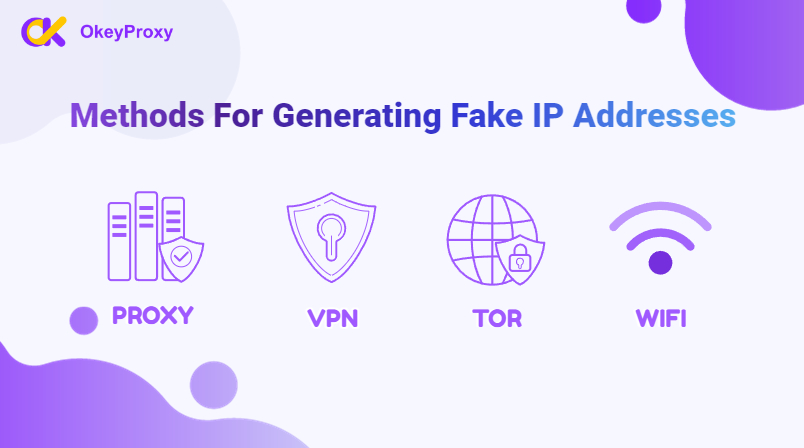
Proxy Server: A proxy serves as a gateway between users’ devices and the target server. It acts as a go-between, forwarding requests and responses between the user and the web server. There are many options when it comes to proxies, including setting up a SOCKS5 proxy in applications or using browser extensions.
Virtual Private Network (): is a tool that can mask your actual IP address and assign a new one from their server. When you connect to a server, your device creates a secure tunnel to the server. is more comprehensive in terms of security and privacy.
Tor: Tor is a browser that relies on a network of volunteer computer nodes to facilitate its communications. All of a user’s network traffic is encrypted and routed through a series of other users’ computer nodes, making it difficult to trace the traffic back to the original user. By establishing “hidden services,” service providers and requesters can communicate anonymously throughout the process. When using Tor, a user’s IP address remains hidden, making it challenging to capture your origin and location. The main drawback of this service is its slow speed.
Public Wi-Fi: Public Wi-Fi networks typically have a shared public IP address. When you connect to it, your device is assigned an IP address from the network’s address pool. This shared nature of public Wi-Fi makes it easier for someone to mask or fake their IP address by leveraging the network’s infrastructure.
Best Proxies To Generate Fake IP
Let’s take a closer look at these proxy types and see their differences:
Data Center Proxies: This type of proxy gets IP from data centers rather than ISPs. They are more affordable than residential proxies, but they may be more easily detected and blocked due to the larger number of users.
Residential Proxies: Offering a dedicated IP from a specific country, city, and internet service provider. They appear as though they originate from real residential locations, making them more difficult to detect. These IPs are widely trusted, making service providers believe you are a genuine local user, thereby avoiding restrictions on your access and usage. Residential IPs are essential for various tasks. For example, when creating multiple accounts, the absence of a residential IP can lead to registration and usage complications.
Okeyproxy’s residential proxies boast unparalleled speed and top-notch security features. With a user-friendly dashboard, you can select your preferred location from the 200+ countries we cater to. We also provide support for generating a custom number of proxies at once. With just a simple click on “generate,” you will receive the most reliable fake IP address you need.
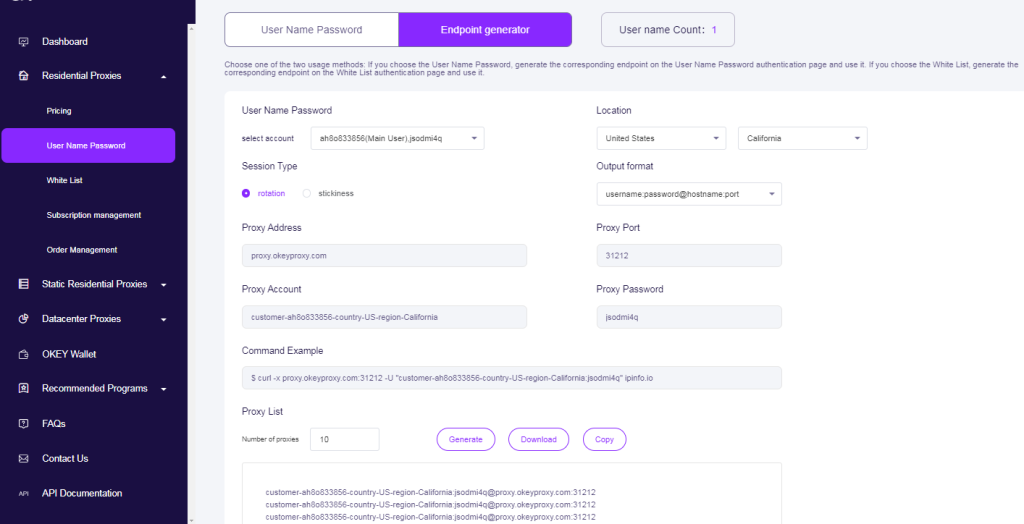
FAQ
What Are Fake IP Generators Used For?
Developers and programmers make use of them to test scripts, networks, or codes, such as “mock IP” and “dummy IP.” These generators provide a simulated version of an IP, a numerical sequence that mimics an IP address but is not an actual IP. They lack a connection response, rendering them unable to establish connections with any external entities.
Can I Create A Fake IP By Myself?
No, creating an IP address by yourself is not possible. IP addresses are assigned by Internet Service Providers (ISPs) or network administrators with necessary infrastructure capabilities. Implementing a custom IP would necessitate significant infrastructure modifications.
Should I Use A Free Fake IP?
No, you better avoid using a free IP. Free IP services require funds for website maintenance and IP resources, and they often resort to alternative profit-making methods like selling personal information. Additionally, free IPs offer slow speeds and frequent interruptions. Furthermore, a FREE fake IP is unsuitable for various tasks like managing social accounts or website scraping.
Are There Any Disadvantages To Using Fake IP?
The drawbacks of a fake IP address stem from its benefits. While it allows you to hide your actual IP, others can do the same. This makes it challenging to verify someone’s true location. It is crucial to exercise caution, especially when it pertains to matters affecting your financial gains.
Is Using A Fake IP Illegal?
The legality varies depending on the country. Generally, using it for activities such as hacking or cybercrime is illegal. There are legitimate reasons for using it like protecting privacy, accessing geo-restricted content, or ensuring security. It is crucial to comply with regulations and the terms of service of websites.


